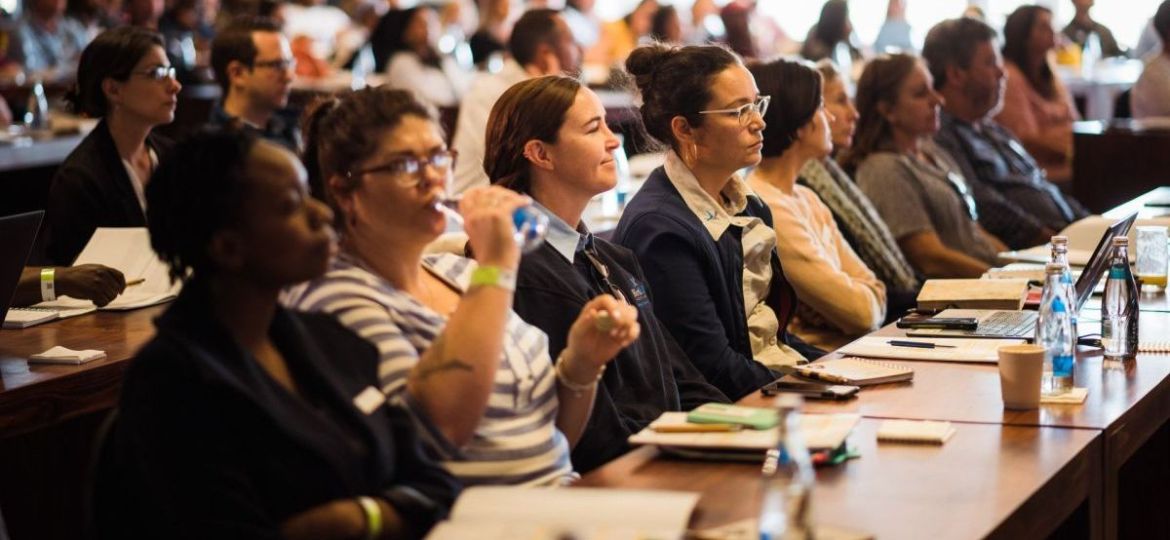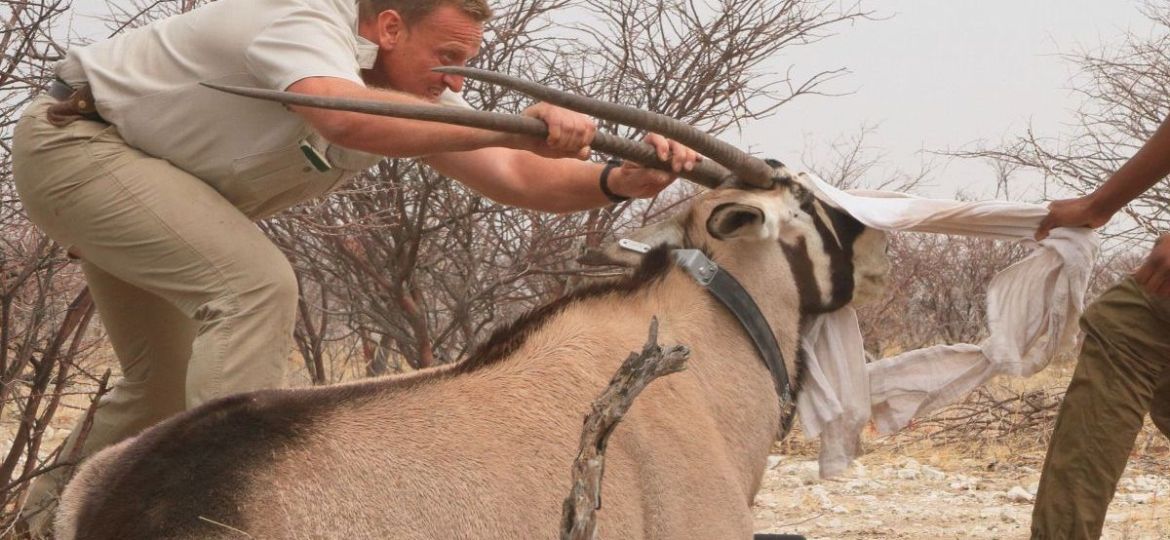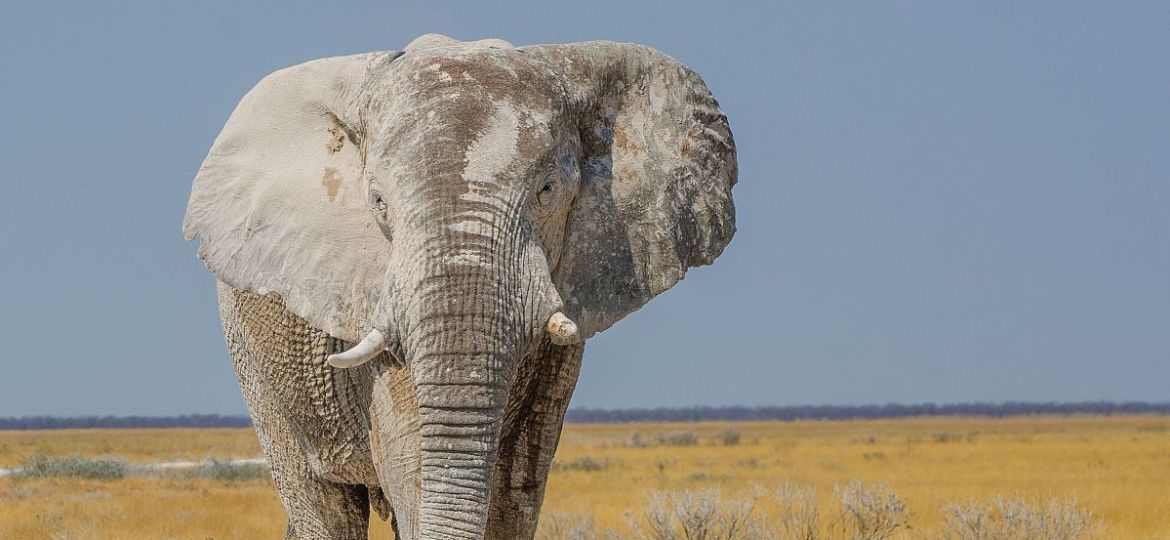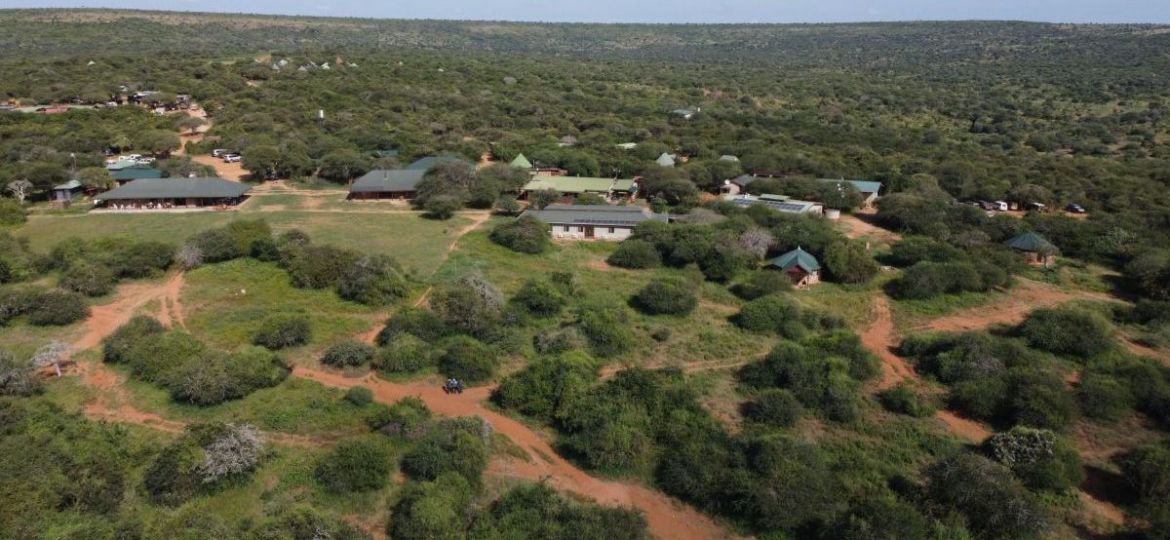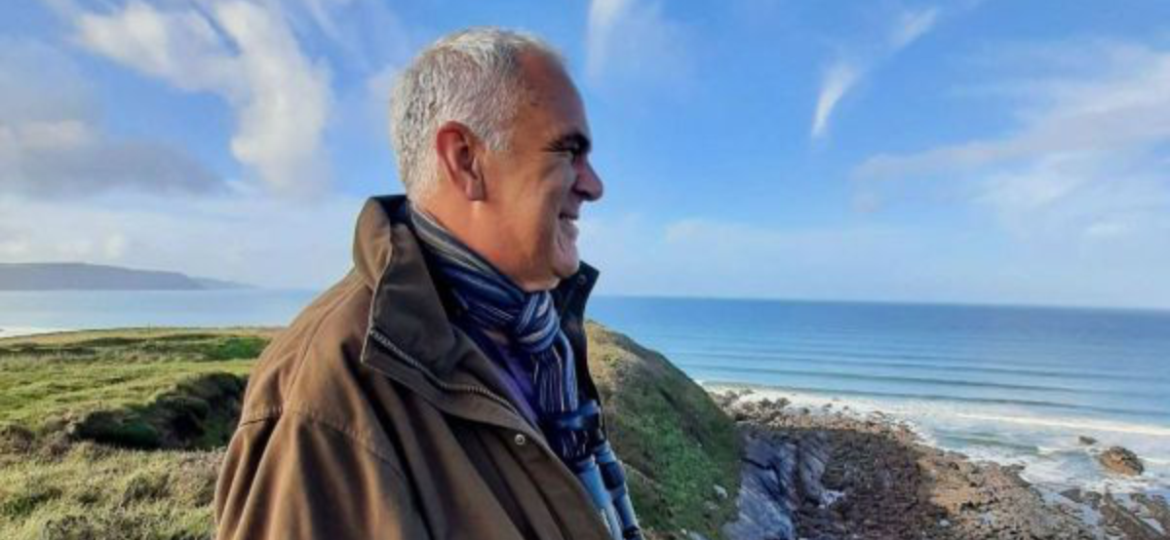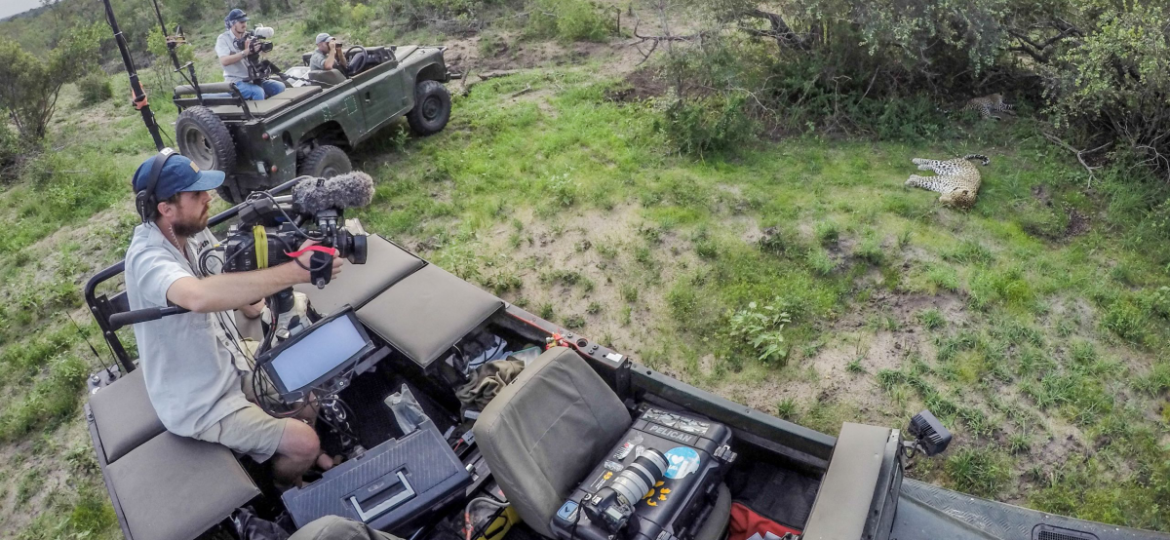To truly protect our oceans, we must collaborate across borders and harmonise conflicting laws, says Dr Arthur Tuda, executive secretary of the Western Indian Ocean Marine Science Association.
People – nature relationships
The annual Oppenheimer Research Conference (ORC) has become a recognised leader in conservation for showcasing and discussing key issues impacting natural and environmental sciences, biodiversity management and sustainable development in Africa and beyond.
Jaqui Hiltermann navigates the range of topics presented at the upcoming 13th Oppenheimer Research Conference.
Prof. Morgan Hauptfleisch of NNF works with students to ensure elephants, lions, and wildlife are valued as assets on both sides of conservation boundaries.
Dr. Kiiru, famed for elephant conservation, now leads Mpala Research Centre in Kenya and will speak at the 13th Oppenheimer Research Conference.
As woods vanish unnoticed, so too does our ‘personalised ecology,’ warns conservation biologist Kevin Gaston, highlighting nature’s dramatic decline.
Andre Crawford-Brunt’s vision is to build the “Netflix of nature”.
Indigenous women, often the unsung heroes of their communities, carry the weight of ancestral wisdom and sustainable practices which have been passed down through generations. Their contributions are invaluable, yet frequently overlooked, in the global discourse on environmental conservation.
Edith’s Checkerspot butterfly Euphydryas editha. This unlikely champion of resilience is an unglamorous, unadventurous butterfly that normally travels less than a few hundred metres in its two-week life.
Kalema-Zikusoka, who was speaking at the 24th Oppenheimer Generations Research and Conservation “OGRC” Tipping Points webinar. The online seminar was held on the eve of South Africa’s Women’s Month and Kalema-Zikusoka’s overarching message to delegates was: “You are missing half the story and half the impact if you don’t involve women in conservation.”




